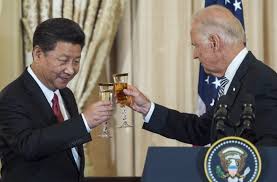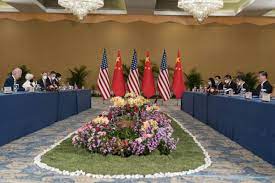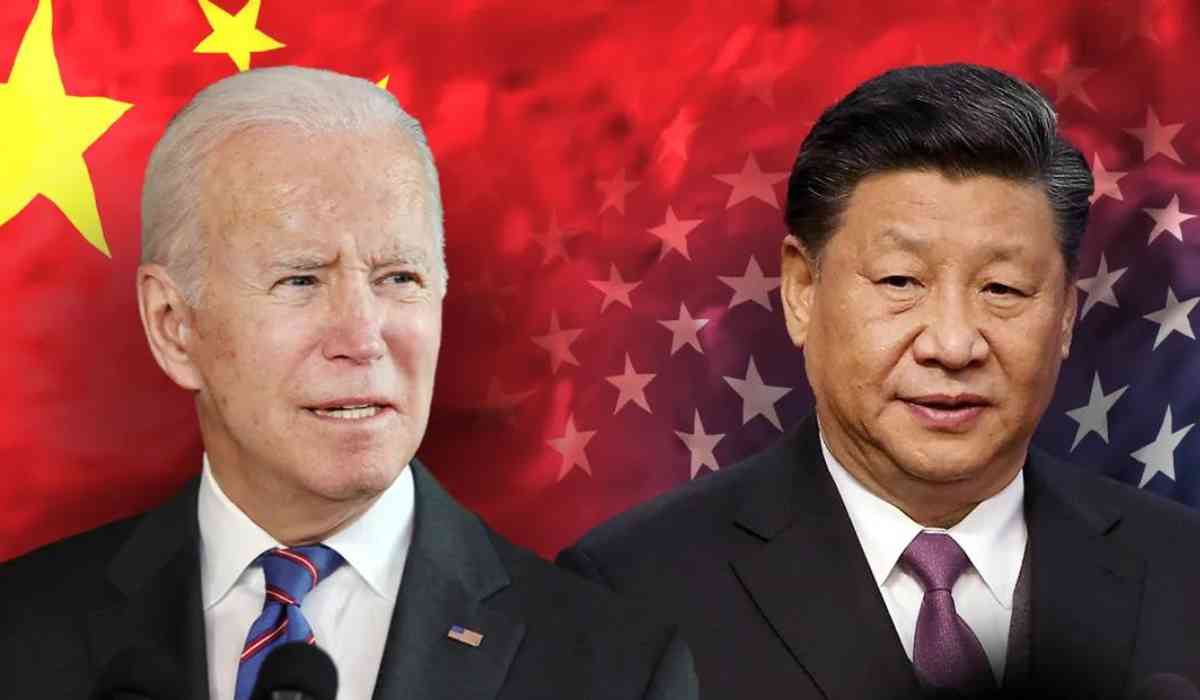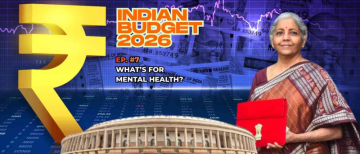US President Joe Biden is scheduled to meet Chinese President Xi Jinping on Wednesday in San Francisco during the 30th APEC summit. The Biden-Xi meeting, first in a year, is a highlight amid tensions in US-China relations, with trade issues being a major concern.
While unlikely to bring immediate significant changes, the meeting follows recent high-level interactions between the two powers, including visits by Chinese Foreign Minister Wang Yi to the US and US Federal Reserve Chair Janet Yellen and Secretary of State Antony Blinken to China. Biden aims to showcase progress on the Indo-Pacific Economic Framework started last year after Trump's withdrawal from the Trans-Pacific Partnership.
The White House anticipates discussions on fundamental aspects of the US-PRC bilateral relationship, emphasising the importance of open communication and responsible competition management.

Photo: Foreign Policy
The leaders of the 21-member forum APEC will convene to discuss strengthening communication and managing competition, with a focus on face-to-face diplomacy to handle the complex relationship, according to White House national security adviser Jake Sullivan.
The APEC Leaders’ Week in San Francisco, running from November 11 to 17, includes the Economic Leaders’ Retreat. India, while not a member, is represented by Union Minister for Commerce and Industry Piyush Goyal. Major leaders attending include Japan’s Prime Minister Fumio Kishida, Canada’s Prime Minister Justin Trudeau, and Indonesia’s President Joko Widodo. Russia's President Putin is represented by Deputy Prime Minister Alexei Overchuk, not under US sanctions.
What is APEC?
APEC, Asia-Pacific Economic Cooperation was established in 1989. It aims to enhance prosperity in the Asia-Pacific region through economic integration. Its 21 members, termed "economies," focus on trade issues. Taiwan and Hong Kong also participate as distinct entities, despite China's claims.
APEC champions free trade, lower tariffs, and economic liberalisation, contributing to dynamic growth and a growing middle class in the Asia-Pacific. India, expressing interest since 1991, faces an informal moratorium on membership expansion, despite support from the US-India Joint Strategic Vision.

Photo: AP News
What to expect from the meet?
During the anticipated talks between US President Biden and Chinese President Xi, the leaders are anticipated to address key issues such as trade, and the delicate nature of their relations, emphasising the need for open communication. They are likely to cover discussions on global issues like the Israel-Hamas conflict, Russia's invasion of Ukraine, North Korea's ties with Russia, Taiwan and the Indo-Pacific.
They are also expected to discuss responsibly managing competition, addressing transnational challenges, and seeking concrete results, including re-establishing military communication and collaborating to combat illicit fentanyl trafficking. Biden may also leverage the meeting to encourage China's influence on North Korea and Iran. The meeting will discuss human rights, fentanyl, artificial intelligence, and "fair" trade.
© Copyright 2023. All Rights Reserved Powered by Vygr Media.





















